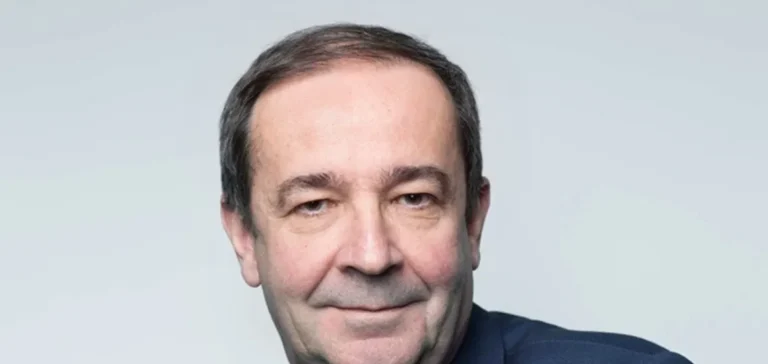Bernard Fontana, recently appointed CEO of Électricité de France (EDF), announced an objective to reduce the company’s operational costs by 30%, targeting €1 billion in savings from the current total of €3 billion, by the year 2030. This decision comes as Fontana plans to streamline the energy group’s expenses, drawing upon his prior experience at Framatome, EDF’s subsidiary specialized in nuclear equipment. At Framatome, Fontana notably reduced costs associated with support functions, including freezing salaries for several years. This experience is expected to serve as a blueprint for the restructuring he envisions at EDF.
Priority on Long-Term Industrial Contracts
Bernard Fontana also seeks to enhance EDF’s commercial competitiveness by increasing the volume of long-term industrial contracts. The new CEO targets securing approximately 40 terawatt-hours (TWh) per year through contracts under the “Nuclear Production Allocation Scheme” (CAPN). This mechanism would enable energy-intensive industrial clients to benefit from fixed prices for nuclear-generated electricity over multiple years. However, current proposed prices, around €70 per MWh, remain above market expectations, which are closer to €50 per MWh.
Nuclear Power as a Central Strategic Lever
Fontana’s cost-cutting plan aligns with a clearly stated strategy of refocusing on France’s domestic nuclear industry. EDF aims to achieve an annual nuclear production of 400 TWh by 2030, compared to approximately 360 TWh currently. Increasing production will notably involve the progressive commissioning of next-generation reactors, known as EPR2. Furthermore, international investments are expected to be scaled down to concentrate resources on existing French nuclear facilities.
Managing the Group’s Significant Debt
EDF’s current debt remains a significant factor in the cost-cutting decision. Estimated at nearly €54 billion, this debt compels the company to reconsider its investment priorities and reinforce financial discipline. The planned reduction in operational costs aims to create sufficient margin to support industrial strategy and secure critical investments in the French nuclear sector.
Cautious Reactions from Internal Trade Unions
This announcement has not gone unnoticed by trade unions, which have expressed caution regarding potential social impacts. The risk of prolonged salary freezes particularly worries unions, which fear these measures could lead to internal tensions potentially affecting EDF’s energy production directly. The upcoming Central Social and Economic Committee (CSEC) is expected to clarify further operational and social details of the plan.
The sector now awaits additional details on the concrete implementation of this strategy, the implications of which could significantly influence the French industrial energy landscape.






















